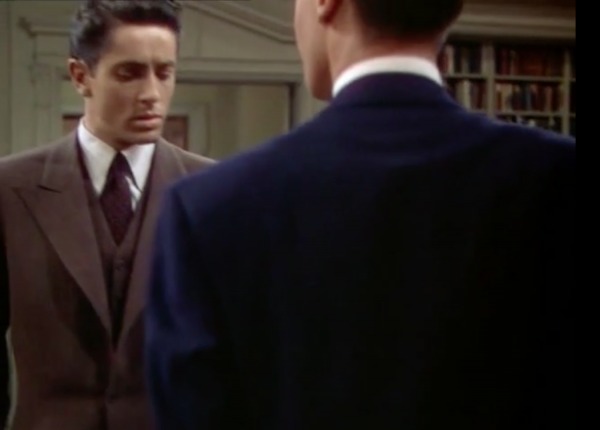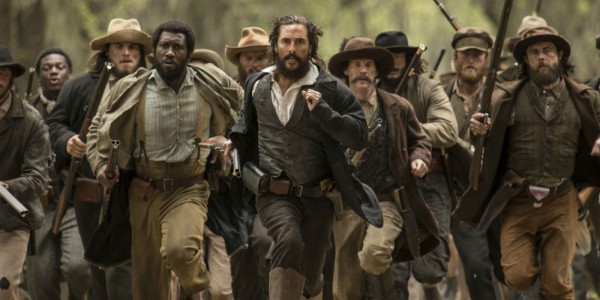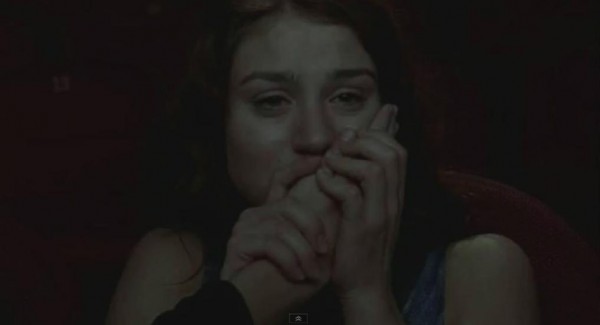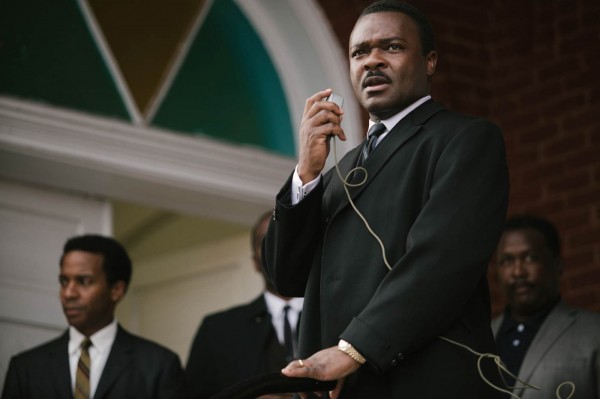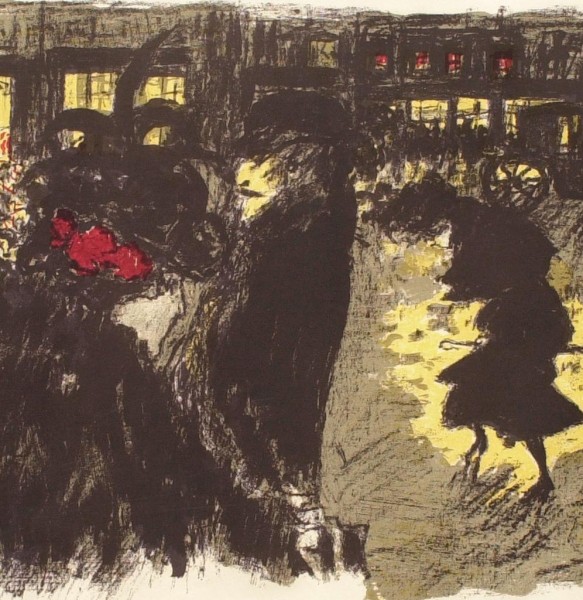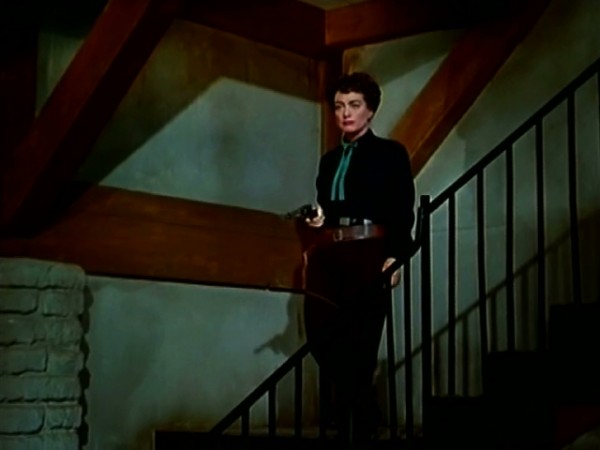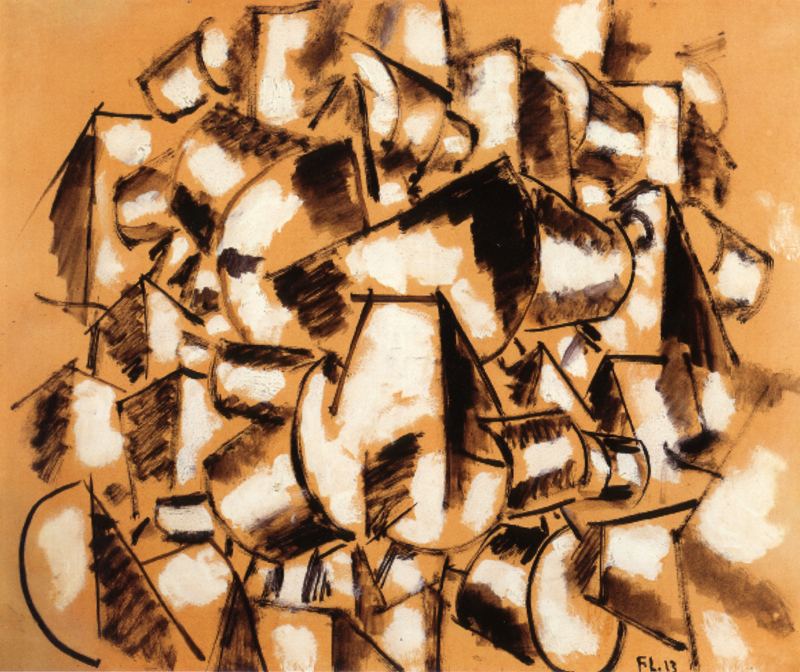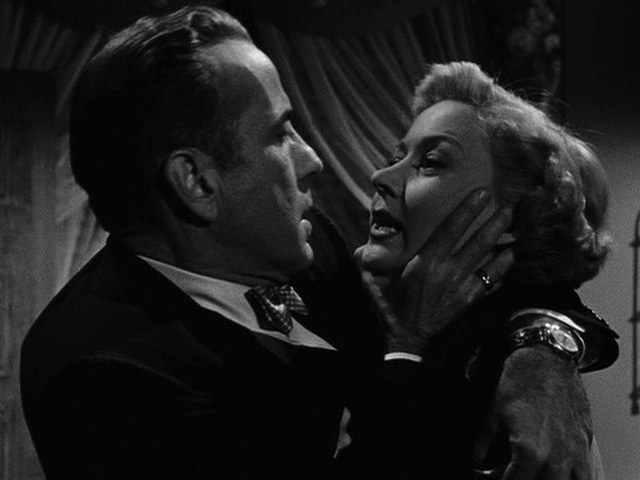
Missed Connections
Thinking in this way, we might recast Fried’s wonder about why modernist artists went to the cinema. Perhaps they were not (just) seeking refuge from the burdens of the seriousness of their work; perhaps they saw in the cinema a range of different ways of negotiating the same questions about the relation of artwork to beholder that they were themselves preoccupied with. On this view, cinema does not stand apart from Fried’s modernist history; it continues that history by other means.

